How to Master Wine Tasting
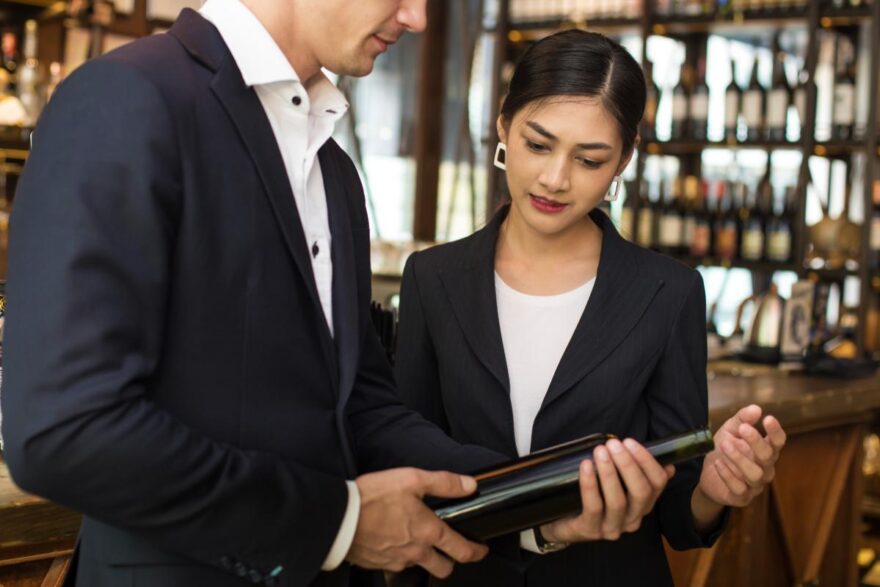

Wine tasting – To many, it seems like a magical capacity to find aromas and flavors in wine that are indiscernible to most people. Others dismiss it as the overactive imagination of pedantic wine aficionados, or as a way to maintain the elitist reputation of wine appreciation. But it is neither.
Part art, part science, wine tasting is a skill that can be learned and practiced and improved, like any skill. It takes time to acquire it, but once learned this skill can add a completely new dimension to your tasting experience and greatly enrich your appreciation of wine. So how do we learn this?
Understand the Components of Wine Tasting
There are 3 main components of tasting wine. And by tasting we mean analytically assessing a wine to determine its quality, provenance, type, and aging potential.
1. Sight – the first part of wine tasting is actually just looking at the wine. Is it hazy, clear, discolored, filled with sediment? How the wine looks can indicate possible faults in the wine, and also give us an idea of what type of wine we have and how old it is.
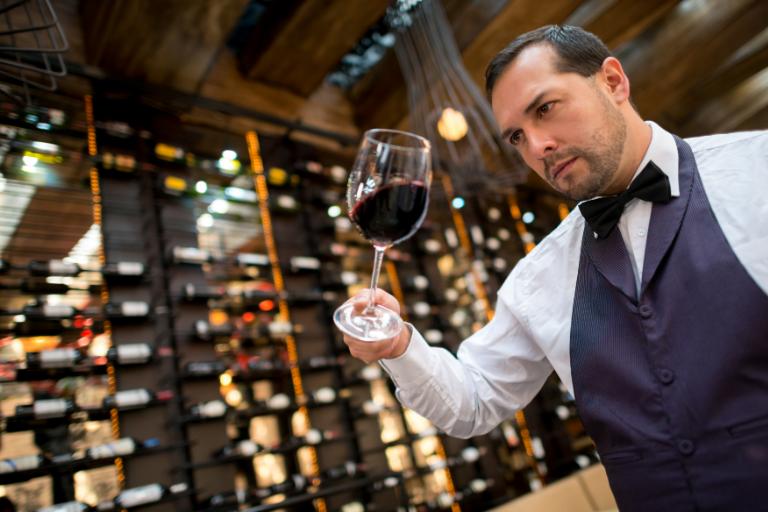
2. Smell – the second part of wine tasting is also not tasting. It is the smell, the human sense most closely linked to taste. Smelling the wine can, again, alert us to possible problems with the wine. It can also give us clues as to the winemaking process, the type of grape used, which country the wine comes from, and what the wine is going to taste like when you finally put it in your mouth.
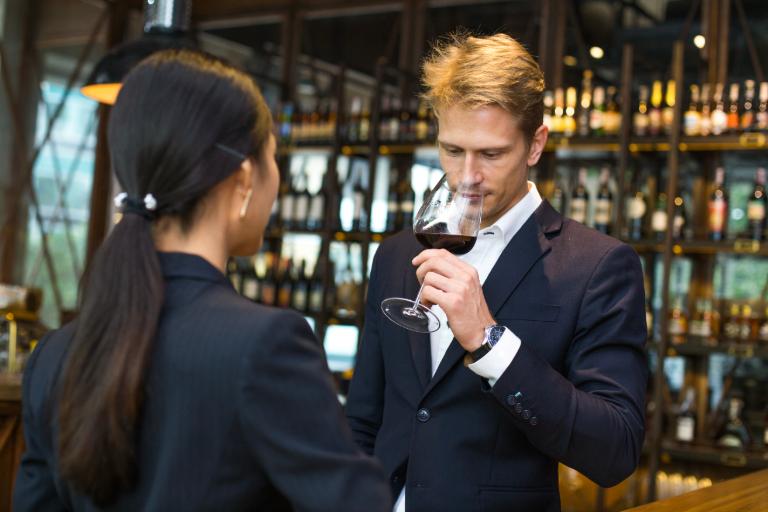
3. Taste – finally we come to the actual tasting portion of our “wine tasting.” This last part is where we put together the information from the three senses we have used to make our final assessment of the wine. What type is it? Where did it come from? How old is it? How good is it? Is there anything wrong with it?
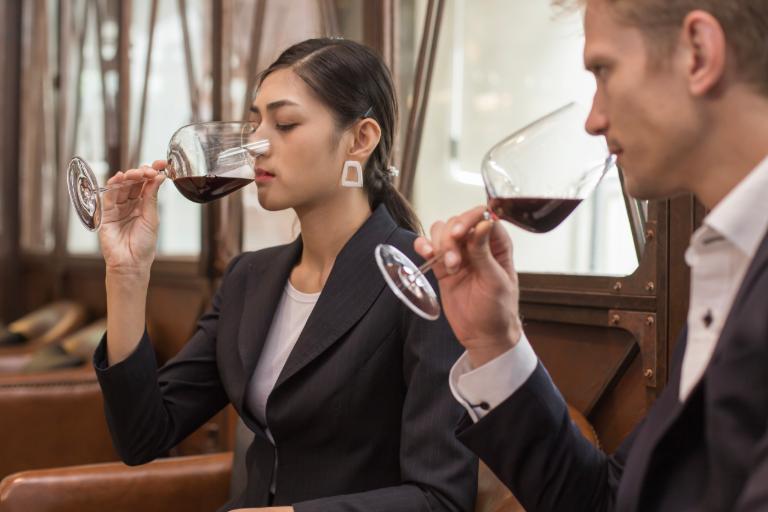
While some of our assessments will, of course, be subjective, such as how good we think the wine is, using an analytical approach to wine tasting will help us to be more objective in our assessment. It will also help us to narrow down the possibilities if we are blind tasting and we need to figure out what the wine is.
Practice Wine Tasting
Like all skills, becoming a good taster takes practice. A large part of this is because you need to taste a lot of wine to develop a scale or ranking system in your head. An experienced taster has tasted hundreds and thousands of bottles of wine, and when they taste a new wine, they are able to mentally compare it to many other wines and pick out the similarities which will give them clues about the wine they are currently tasting.
To practice, try some of the following methods. And don’t forget that tasting does not have to mean drinking. Most professionals spit far more than they drink, as even a little bit of alcohol will affect your senses.
1. Taste with friends. Get together some friends, open a few bottles of wine, taste them, and talk about what you experience. This will help you calibrate your senses, and your friends may have some insights that you did not have.
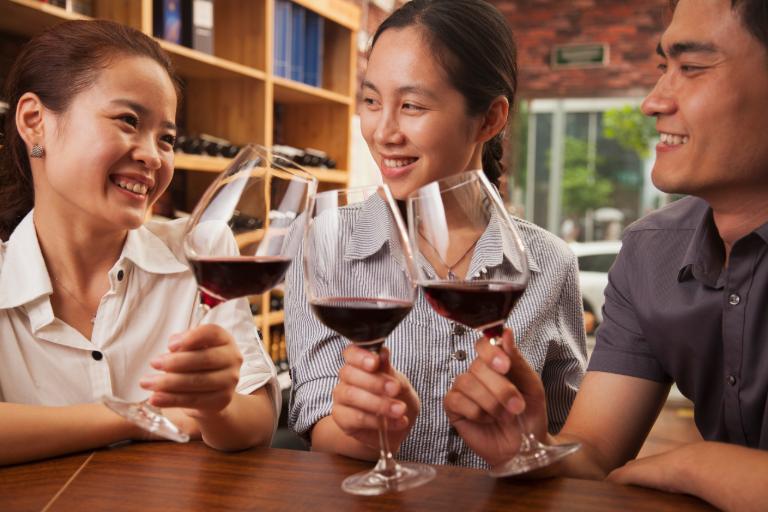
2. Control your variables. Taste many wines with the same grape and same year, but from different vineyards. Taste wines made from the same grape grown in different regions of the world. Taste wines from the same vineyard but different years. This will help you really pinpoint the differences that come from specific factors.
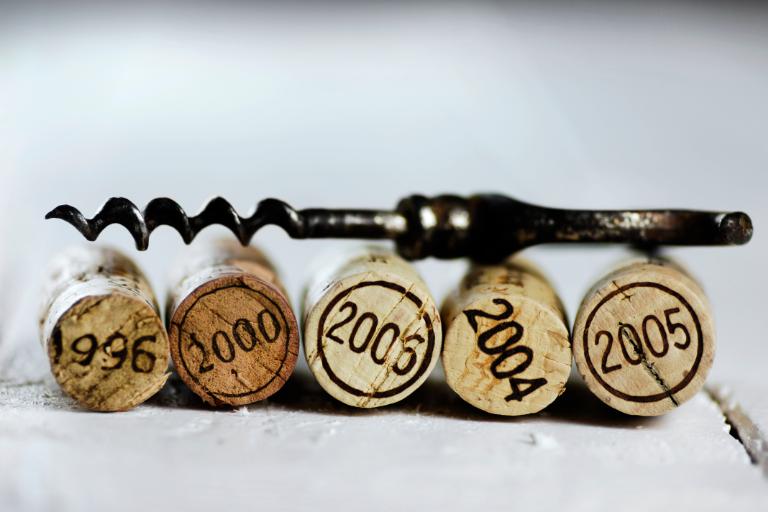
3. Join a class. There are many wine certifications available, or even just hobby classes for wine lovers. A class will give you a solid framework to move forward in your practice.
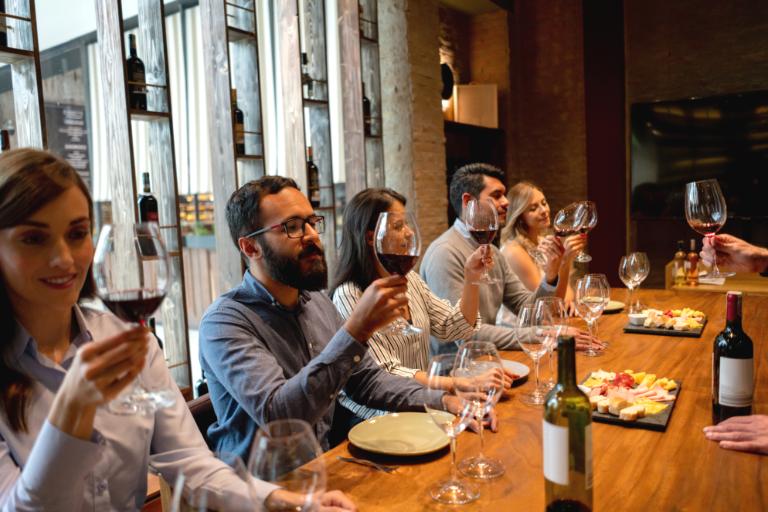
Develop Your Palate and Your Vocabulary
Naming what you taste, smell, and see is very important, and it’s impossible to do that if you don’t know what you are sensing or don’t have the words to explain it.
Try to develop your nose and palate by exposing yourself to many, many smells and tastes. Get spices, fruit, flowers, rocks, etc. and try to familiarize yourself with the smells and tastes of each. Learn to put names to what you experience.
Read. Read a lot. Read tasting notes and wine reviews and learn about how people talk about wine and what kind of vocabulary they use to talk about different concepts. This doesn’t mean you have to use exactly the same words, but it will help you communicate your own impressions.
Do, Don’t Try
The most important takeaway for mastering wine tasting is just getting out there and do it. Taste wine. Talk about wine. Share your impressions. Learn from more experienced tasters. With wine, the best way to learn is to just start doing.
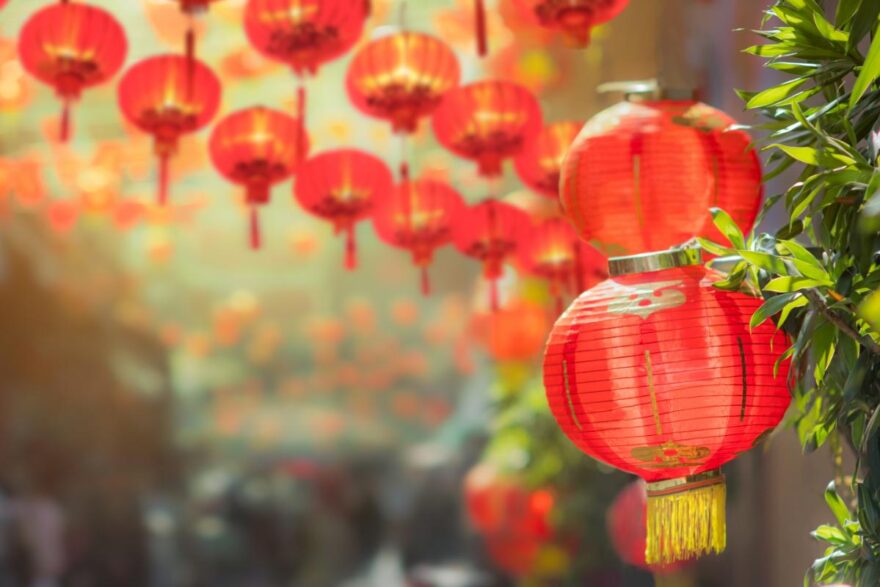
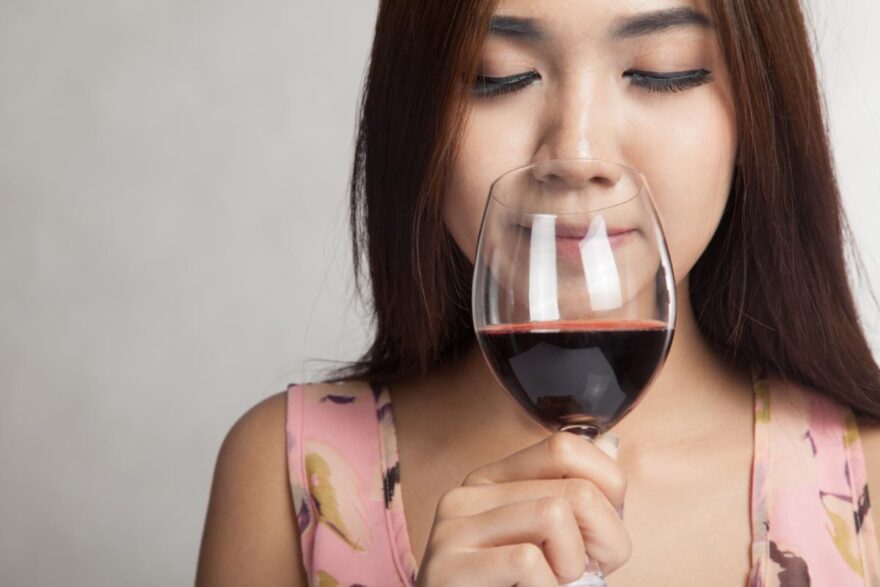
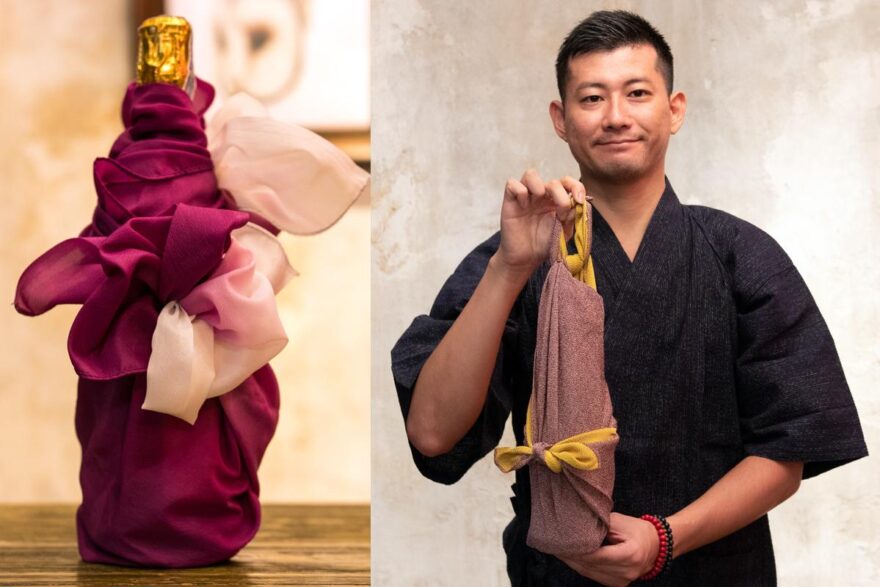

Thank you. This is very useful. Cheers!